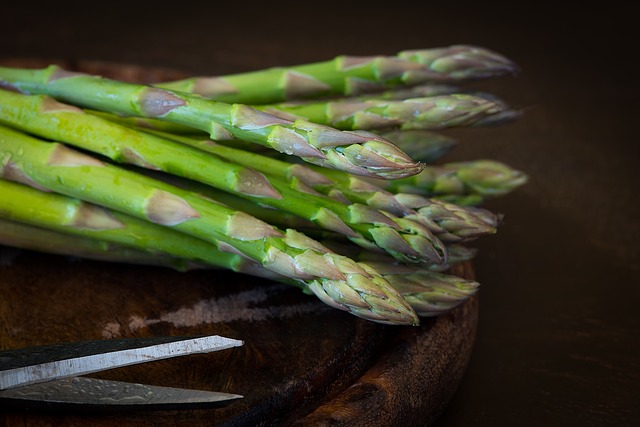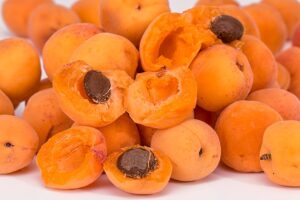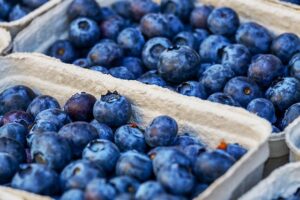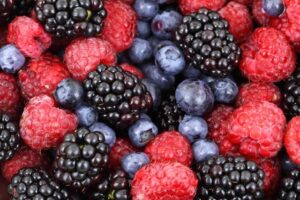Introduction
Protein farts, also known as “protein-induced flatulence,” are notorious for their unpleasant odor. Many people who consume a high-protein diet or use protein supplements have experienced this phenomenon. But why do protein farts smell so bad? In this article, we will explore the reasons behind the foul smell associated with protein farts and delve into the science behind it.
The Role of Protein in Digestion
To understand why protein farts can be particularly odorous, we need to first grasp the role of protein in digestion. Proteins are complex molecules made up of amino acids, which are essential for various bodily functions. When we consume protein-rich foods, our digestive system breaks down these proteins into their constituent amino acids, which are then absorbed into the bloodstream.
The Gut Microbiota Connection
Our digestive system is home to trillions of bacteria, collectively known as the gut microbiota. These bacteria play a crucial role in breaking down and fermenting undigested food particles. When protein reaches the large intestine without being fully digested, certain bacteria in the gut microbiota, such as sulfide-producing bacteria, can metabolize the protein.
Sulfur-Containing Amino Acids
Proteins contain amino acids, some of which are sulfur-containing, such as cysteine and methionine. When these sulfur-containing amino acids are metabolized by the gut bacteria, they release hydrogen sulfide gas. Hydrogen sulfide has a characteristic rotten egg smell, which contributes to the foul odor of protein farts.
Increased Bacterial Fermentation
Consuming a high-protein diet or protein supplements can lead to an increase in bacterial fermentation in the gut. This increased fermentation produces more gas, including hydrogen sulfide, which contributes to the foul smell of protein farts. Additionally, the undigested protein provides a substrate for bacteria to thrive and produce more gas.
Other Factors
Apart from the sulfur-containing amino acids and increased bacterial fermentation, other factors can also contribute to the foul smell of protein farts. These include individual variations in gut microbiota composition, certain medical conditions like irritable bowel syndrome (IBS), and the overall composition of the diet.
Reducing Protein Farts
If you find protein farts to be particularly bothersome, there are a few strategies you can try to reduce their occurrence:
1. Gradual Increase in Protein Intake: Instead of suddenly consuming a high-protein diet, gradually increase your protein intake to allow your body to adjust.
2. Digestive Enzymes: Taking digestive enzyme supplements that aid in protein digestion may help reduce the amount of undigested protein reaching the large intestine.
3. Probiotics: Probiotics are beneficial bacteria that can help maintain a healthy gut microbiota balance. They may help reduce the production of foul-smelling gases.
Conclusion
Protein farts can be particularly odorous due to the presence of sulfur-containing amino acids in proteins, increased bacterial fermentation in the gut, and individual variations in gut microbiota composition. While they may be unpleasant, they are generally harmless and can be managed by gradually increasing protein intake, using digestive enzymes, and incorporating probiotics into your diet.
References
1. Mayo Clinic: mayoclinic.org
2. National Institutes of Health: nih.gov
3. Healthline: healthline.com
4. WebMD: webmd.com










